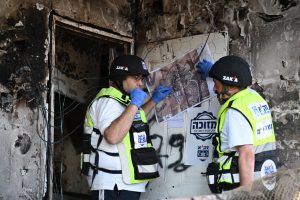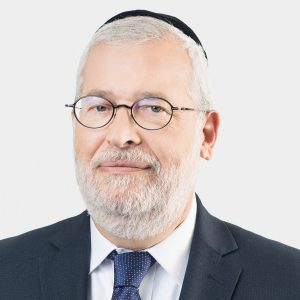Civil society organizations, especially ultra-Orthodox ones, are crucial for fostering strength and resilience on the home front; building ties between the state, public, security systems and civic organizations is essential • Opinion by Eli Paley, founder of the Haredi Institute for Public Affairs
The horrifying events of Simchat Torah have left us shattered, appalled and stunned. Undoubtedly, this catastrophe, one of the most terrible that Israel has ever known, should compel us to reevaluate the threats we face and revisit the appropriate strategies.
One of the significant lessons to draw from this tragedy is the need for a well-prepared and organized civil society, alongside a strong and skilled military. It’s difficult to fathom how these events would have concluded without the numerous well-trained reservists who found themselves on the frontlines, without volunteer first responders, including the United Hatzalah organization, whose tales of heroism during the days following the tragedy are endless.
It would have been a different scenario without the IDF’s Home Front Command, which had to handle with boundless sensitivity a situation unlike any other, and without all those spontaneous initiatives that sprung across the country, driven by an urgent desire to respond to various challenges, from organizing lists of the missing to providing aid to evacuees or resolving supply shortages for reserve forces.

Israeli civil society has proven its strength not only due to the challenges faced by the state’s systems to function in real-time but also because there are things that only civil organizations can provide. The extensive outreach, on-the-ground connection, firsthand familiarity with the population’s needs and the ability to think outside the box are some of the unique traits civil organizations excel in. These traits become critically important when dealing with, heaven forbid, large-scale challenges such as the one we witnessed in southern Israel.These qualities have already found expression in previous crises, like the COVID-19 pandemic, and their significance has only grown in the current crisis
Israel holds a vast human capital in the field of civic assistance. It’s impossible not to mention the ultra-Orthodox sector in this context, whose eco-system has become fertile ground for a wide variety of creative and high-quality social initiatives. Startups of civic aid organizations know how to respond to various emergencies and needs, filling gaps that public systems cannot.
Organizations like ZAKA (Disaster Victim Identification), United Hatzalah, Ezer Mizion, Yad Sarah, Yadidim, Zichron Menachem, Matnat Chaim and many more, are just a few examples of this diverse social network. They are capable of mobilizing quickly, providing innovative and tailored responses to the needs of Israel’s citizens. The day after the war, there will be a pressing need for a fresh assessment of the challenges that Israel must confront and the ways to respond. This will involve reorganizing various systems. Civil society organizations, and particularly those within the ultra-Orthodox community over the past two decades, may play a pivotal role in building strength and resilience on the home front.
In this context, it is essential to map and recognize the vast human resources within civil society, channeling them thoughtfully toward Israel’s security challenges, and establishing the necessary connections among the public and security sectors, including the ultra-Orthodox sector.
In the new reality we find ourselves in, even the longstanding consensus should not be taken for granted. Questions about the military’s structure, the required scope of conscription and the proper way to engage the entire population in these efforts, including the ultra-Orthodox community, must all be re-evaluated.

The ultra-Orthodox community, too, will need to be an active participant in rethinking its responsibilities and roles within Israel’s emergency and security framework, rather than relying on outdated answers and a status quo that may no longer be relevant. It is equally important to appreciate the unique contributions of the ultra-Orthodox sector and the ultra-Orthodox civil society organizations as they integrate into national efforts.
The appropriate mission at this time is the intentional integration of the civilian forces active within the ultra-Orthodox community and beyond, into the basic emergency response framework of state institutions such as the IDF, Home Front Command, Israel Police and local authorities. Israel should not solely rely on the goodwill and national responsibility displayed by these individuals but should also incorporate them as an integral and inseparable part of the country’s power structure in routine and emergencies, safeguarding the citizens on the home front and the frontlines.
For tackling challenges of this nature, flexibility and creativity are the name of the game, and both the general civilian society and the ultra-Orthodox community, in particular, possess these qualities in abundance. They must be at the forefront of any long-term strategic plan.

